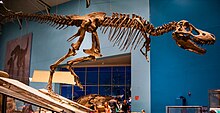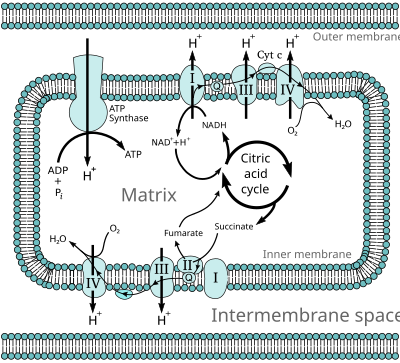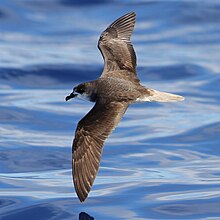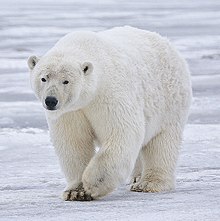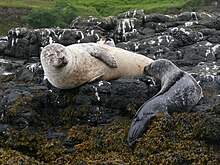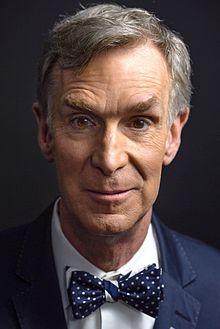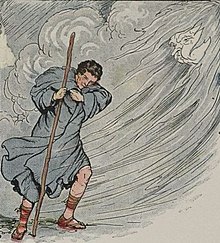Portal:Science
Science portal

Science is a systematic discipline that builds and organises knowledge in the form of testable hypotheses and predictions about the universe. Modern science is typically divided into two or three major branches: the natural sciences (e.g., physics, chemistry, and biology), which study the physical world; and the behavioural sciences (e.g., economics, psychology, and sociology), which study individuals and societies. The formal sciences (e.g., logic, mathematics, and theoretical computer science), which study formal systems governed by axioms and rules, are sometimes described as being sciences as well; however, they are often regarded as a separate field because they rely on deductive reasoning instead of the scientific method or empirical evidence as their main methodology. Applied sciences are disciplines that use scientific knowledge for practical purposes, such as engineering and medicine. (Full article...)
Featured article -
Featured pictures
Vital articles
Language is a structured system of communication that consists of grammar and vocabulary. It is the primary means by which humans convey meaning, both in spoken and signed forms, and may also be conveyed through writing. Human language is characterized by its cultural and historical diversity, with significant variations observed between cultures and across time. Human languages possess the properties of productivity and displacement, which enable the creation of an infinite number of sentences, and the ability to refer to objects, events, and ideas that are not immediately present in the discourse. The use of human language relies on social convention and is acquired through learning. (Full article...)
Did you know...
- ... that Cambodia's first science-fiction film, Karmalink, combines Buddhist concepts of karma with themes of artificial intelligence?
- ... that a nuclear reactor was nearly built at the New York Hall of Science, but the money for the institution instead went to Yankee Stadium?
- ... that Charlie Jane Anders wrote preferred pronouns into her science fiction novel Victories Greater Than Death because she thought that alien gender would be unclear to humans?
- ... that Brazilian computer science researcher and internet pioneer Tadao Takahashi negotiated with drug lords to install internet equipment in his country?
- ... that Flyover, a 2023 science fiction novel by an American author, portraying a dystopian future where part of the US becomes a theocracy, was published in French but not in English?
- ... that Charles Leslie Richardson was ordered to "make science fashionable in the army"?
Get involved
| This portal needs to be updated. Please help update this portal to reflect recent events or newly available information. Relevant discussion may be found on the talk page. |

|

|
Science News
- 19 December 2024 – Mexican drug war
- Two soldiers are killed after an explosion caused by a improvised landmine at a drug laboratory in Michoacán, Mexico. Three days ago, two other soldiers were killed and three more injured in Michoacán during a similiar incident. (AP)
- 12 December 2024 –
- Edith Heard, biologist specialist of epigenetics and director-general of the European Molecular Biology Laboratory, is awarded the CNRS Gold Medal, France's highest research award. (CNRS - Le Journal)
- 21 November 2024 –
- The European Southern Observatory announces that its astronomers in Chile capture the first close-up image of a star outside the Milky Way. (The New York Times)
- 20 November 2024 – Discoveries of exoplanets
- In a study published by the Nature journal, astronomers announce the discovery of IRAS 04125+2902 b, a newborn exoplanet. The discovery was made by Madyson Barber, a graduate student at the University of North Carolina at Chapel Hill. (Nature) (ABC News)
- 5 November 2024 –
- Researchers at Kyoto University in Japan launch LignoSat, the world's first wooden satellite constructed without screws or glue, into space. It will orbit Earth for six months. (DW)
- 10 October 2024 –
- In its annual Living Planet report, the World Wildlife Fund estimates that wild populations of animal species have decreased over 70% since 1970, with some high-biodiversity areas seeing up to 95% declines. (DW)



